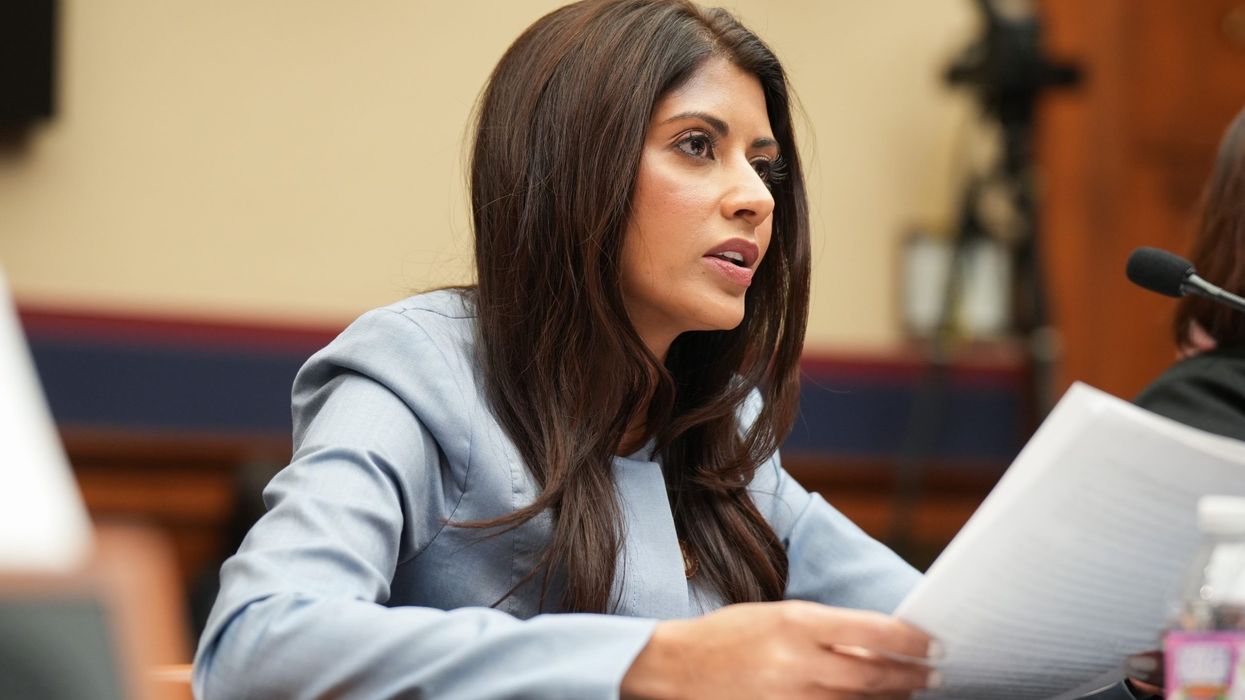FORMER AAHOA CHAIRWOMAN Jagruti Panwala testified recently before Congress on the Department of Labor’s proposal to raise the overtime salary exemption threshold for executive, administrative, and professional employees under the Fair Labor Standards Act. Panwala, now a board member for American Hotel & Lodging Association, argued that the proposed change would actually limit hotel employees’ opportunities and does not take into account economic differences between regions of the country.
In August, DOL proposed raising the threshold from $35,568 to an estimated $60,209 in 2024 according to AHLA based on the department’s projections. That equals a nearly 70 percent increase, and AHLA said that means all employees making under that amount must be paid overtime for any hours worked over 40 in one week. The DOL proposal also would automatically increase the threshold every three years thereafter based on the 35th percentile of earnings for full-time salaried workers in the lowest-wage census region, currently the South.
AHLA previously said the proposal could restrict opportunities for managerial and workforce development, including remote work, travel, and career advancement. In her testimony before the House Committee on Education & the Workforce Subcommittee on Workforce Protections, Panwala elaborated on the protest based on her experience as principal of Sita Ram LLC, which owns and operates eight hotels in Pennsylvania, Texas, New York, New Jersey and Ohio that employs more than 200 people.
“I'm here today to explain my perspective as a small business owner and a hotel operator, and to describe how the Department of Labor's proposed changes to the overtime rule will have devastating effects on my business, my employees and the lodging industry,” Panwala said. “It is critical to note that the proposal does not simply increase salaries for a few employees at a marginal level, rather than up to 70 percent increase will drastically impact the entire business plan. Beyond compensation, we expect not only a significant jump in direct staffing costs, but also substantial increases in associated labor costs, including payroll taxes, federal and state unemployment, taxes, insurance, and none of which seems to be included in much of the discussion.”
Panwala said the new overtime rules may force employers, including hoteliers, to “take actions that we do not want to take, including actions that could set workers back in their careers.”
“The last thing a small business owner wants to do is to lay off their employees,” Panwala said. “Unfortunately, some hotels may be forced to do so because of this new rule in order to stay in business.”
Also, while some workers may see their salaries increase with the new minimum threshold, Panwala said some will be reclassified from salaried to hourly, making them nonexempt and constraining their access to benefits, hours, potential flexible work arrangements and opportunities for career advancement. She also pointed out that different regions of the country have variations in costs of living and that would lead to uneven effects on the economy by DOL rules.
“In 2023, the first line housekeeping supervisors in New York earned an average annual made of $63,000, while the same position in Texas saw an average earning of $42,000,” she said.
Panwala also said the proposed automatic updates to the minimum salary threshold would create problems for the hoteliers, affecting financial projections and their ability to plan for the future. The threshold could be updated despite whether an economic problem exists, she said.
“In the hotel industry, our employees’ success is our success and this misguided rule by the administration will provide less flexibility, and many will be forced to lay off employees just to stay in the business,” Panwala said. “This is an outcome no one wants. I strongly urge you to consider the adverse implications of the overtime proposed rule on a small business owners and workers when deliberating policy proposals.”






